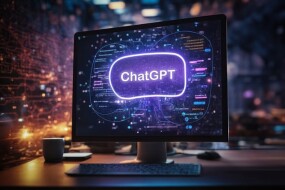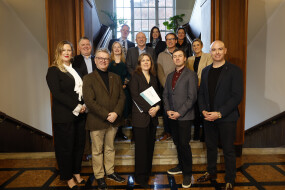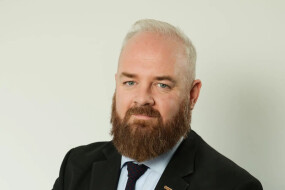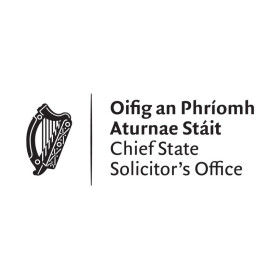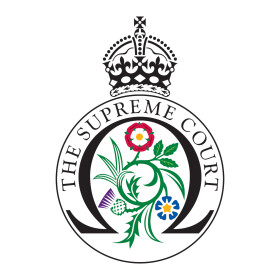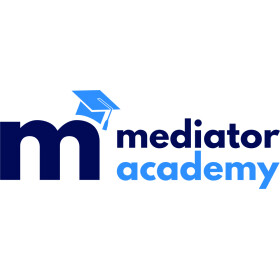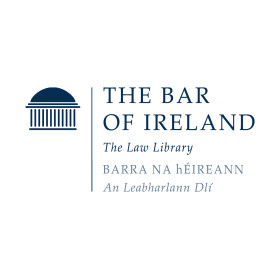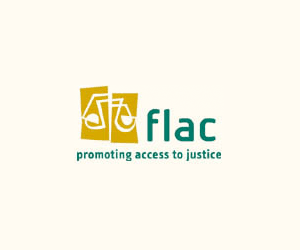The United Arab Emirates (UAE) is to be the first country to use AI to write laws. The Gulf country's ruler announced federal and local laws will be written by AI, as well as judicial rulings, executive procedures and public services.
Ai
Tech giant Meta is facing a lawsuit in the Northern Ireland courts over its alleged use of copyrighted material to train its generative AI model. Belfast firm KRW LAW has issued pre-action correspondence to Meta Platforms Ireland Ltd on behalf of author Richard O'Rawe, who alleges serious and ongoin
The Data Protection Commission (DPC) has launched an investigation into Elon Musk's X social media platform over its use of users' posts as AI training data. X Internet Unlimited Company (XIUC), known until the start of April 2025 as Twitter Internet Unlimited Company (TIUC), was notified last week
A groundbreaking research project led by researchers at Ulster University's Centre for Legal Technology is to explore the role of AI in judicial decision-making. Researchers gave been granted £200,000 in funding from the UK's AI Security Institute to examine how AI could be responsibly in
Lewis Silkin NI partner Rory Campbell considers the latest situation around AI regulation in Northern Ireland. Last week the European Commission proposed that Northern Ireland should have to comply with EU laws regulating AI systems.
The UK government has refused to say whether it will agree to the European Commission's proposal to include the landmark EU AI Act in the list of legislation which continues to apply in Northern Ireland post-Brexit. The Commission this week set out its position that the AI Act should be added to Ann
AI businesses in Northern Ireland are likely to face stricter regulation than those in the rest of the UK, a leading expert in AI law has warned. The European Commission yesterday formally proposed adding the EU AI Act to the list of legislation which continues to apply in Northern Ireland post-Brex
A complaint has been filed with Norway's data protection authority on behalf of a man who was falsely described by ChatGPT as having murdered his two children. European privacy campaign group noyb is acting on behalf of Arve Hjalmar Holmen, who says he tried to find out what information ChatGPT coul
Eight public bodies have designated as competent authorities responsible for implementing and enforcing the new EU AI Act within their respective sectors. The initial list was confirmed yesterday as the government approved plans to adopt a "distributed model of implementation" of the landmark EU leg
The independent AI Advisory Council has published a new report containing strategic policy recommendations for AI adoption in Ireland. Established by the Irish government just over a year ago, the independent body's new report outlines key opportunities and strategic policy recommendations aime
Global law firm Linklaters is testing artificial intelligence by giving it law exams to determine whether it can reliably perform legal tasks. The firm has created the LinksAI English law benchmark, designed to “test the ability of large language models to answer legal questions”. The ex
Ireland's Data Protection Commission (DPC) has signed a joint declaration on AI alongside data protection authorities from the UK, Australia, South Korea and France. The two-page document reaffirms the authorities' commitment to implementing data governance that promotes innovative and privacy-
Data protection watchdogs across Europe, including in Ireland, have begun scrutinising the new Chinese AI chatbot, DeepSeek. DeepSeek rocked the AI world after it was claimed to have been developed at the fraction of the cost of OpenAI's ChatGPT — while also being capable of running on far les
Cleaver Fulton Rankin associate Jude Copeland examines a ruling on procedural issues in the UK's first major copyright battle over generative AI technology. On 14 January 2025, Mrs Justice Joanna Smith DBE delivered a reserved judgment in Getty Images (US) Inc and Ors v Stability AI Ltd [2025] EWHC
William Fry partners Barry Scannell and Leo Moore unpack Ireland's exemptions from the landmark EU AI Act. Ireland has a unique position in the European Union’s regulatory framework for artificial intelligence (AI), benefiting from an exemption from certain provisions related to AI used in law












